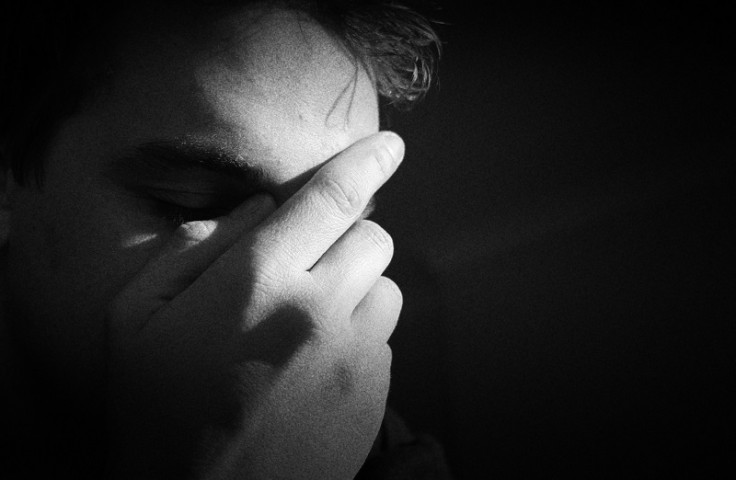Mental Health Act: Detentions rise by 10 per cent in England

The number of people detained under the Mental Health Act in England rose by almost 10 per cent last year, according to recent figures, prompting concern from campaigners and charities.
Official statistics published by the Health and Social Care information Centre showed that during 2014 and 2015 there were 58,399 detentions under the Act – an increase of 9.8 percent from the previous year. The figures have been steadily rising since 2012.
The Mental Health Act 1983 defines how and when a person can be detained in hospital without their consent for assessment or treatment.
Mental health charity Mind said the figures suggested "people are not getting help for their mental health problems early enough, meaning they become more unwell and more likely to reach crisis point".
The charity's chief executive Paul Farmer said they were "very concerned to see such a significant jump in the number of people being detained under the Act."
Marjorie Wallace, chief executive of the mental health charity SANE, added that the rise in people detained under the Mental Health Act was concerning but not a surprise.
"It is a scandal that you have to be sectioned in order to get treatment," she said. "What we need is more, rather than fewer, beds where those who need sanctuary and healing can receive help without having to be deprived of their liberty."
Labour's shadow secretary for mental health told The Guardian that the figures showed the growing and unsustainable pressure on our mental health services."
She said: "It is very concerning that each year more people have become so ill they have had to be detained under the Mental Health Act.
"This comes after the Care Quality Commission this week found no real improvements in the community mental health services that help keep people out of hospital," she added. "It is unacceptable that too many people are not getting the right care early enough."
The figures show detentions increased by 8.2 per cent in NHS hospitals but those held from independent hospitals had gone up by 24.6 per cent.
Instances of short-term detention, in which a hospital was used as a "place of safety" under section 136 of the act, increased by 14 per cent, up 2,400 to 19,400 compared with the previous year.
Mind's Farmer said the numbers were consistent with numerous reports that NHS mental health services were under huge pressure and "struggling to cope with the number of people in need of support".
He added: "We are also concerned that, in some parts of the country, anyone trying to voluntarily admit themselves to hospital is unlikely to get a bed."
He said the data showed a big increase in the use of private beds to treat people detained under the Act.
"If the NHS is having to use private beds to meet its statutory obligations, it is likely that there aren't beds routinely available for people not detained under the Act," he said. "People with mental health problems deserve better."
© Copyright IBTimes 2025. All rights reserved.





















